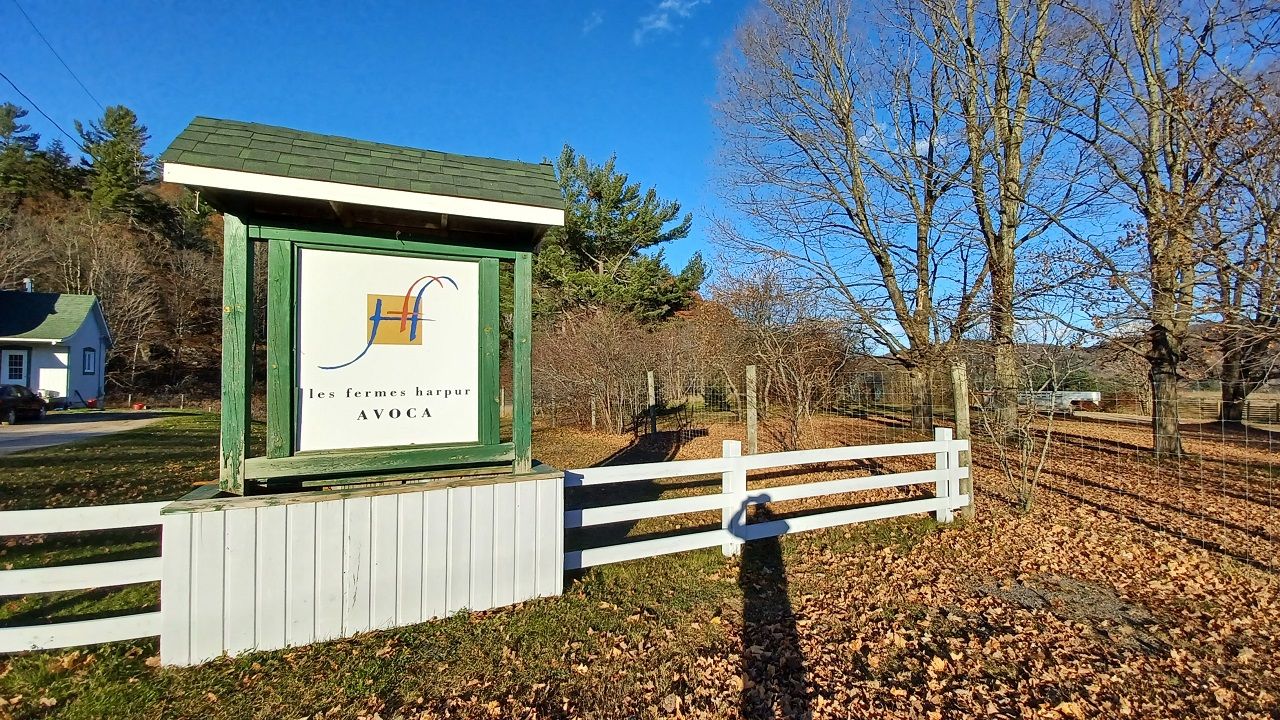According to the federal agency responsible for food safety, most of the cleanup of a domestic deer farm in Grenville-sur-la-Rouge where Chronic Wasting Disease (CWD) was found in September 2018, is now complete. However, monitoring of the site is ongoing.
Following the discovery of the disease in three animals from the domestic red deer herd at the Harpur Farm on Avoca Road in 2018, not only was the herd culled, but wild whitetail deer in a large area surrounding the farm were also culled to prevent any spread of CWD into the wild population.
CWD attacks the central nervous system of deer and other cervids which include moose and elk. The animals become emaciated, disoriented, lose control of bodily functions, develop extreme thirst, and eventually die. Not all deer infected with CWD initially show symptoms, but all deer infected will inevitably succumb to it.
A large-scale cleanup of the Harpur property was required following the CWD discovery. According to the Canadian Food Inspection Agency (CFIA), which is responsible for the protection of food used for human consumption, cleaning and disinfection has been completed on the site and the decontamination plan was developed by the owner in compliance with the regulatory requirements of the CFIA. All equipment, materials, and areas declared as minimally contaminated have been cleaned and disinfected according to regulatory requirements.
“This includes, for example, the removal of feed from troughs, scraping of paint or organic residues, thorough cleaning of containment equipment, followed by disinfection with approved products, and the addition of a new layer of paint,” explained a response The Review received from the CFIA.
A domestic deer farm is divided into a series of enclosures called parks. The contaminated parks at the Harpur property are no longer being used.
“Four parks were declared by the CFIA as highly contaminated. According to the decontamination plan, these parks were permanently closed using a fence that prevents the introduction of wild cervids. Furthermore, after validation with the CFIA, the owner removed at least five centimetres of soil in the raceways (corridors) and replaced it with at least 10 centimetres of clean soil from a site that has never housed cervids,” explained the CFIA response.
A citizen contacted The Review and expressed concern about gates on the deer farm being left open and resulting in the potential of wild deer entering contaminated areas and then being killed due to the risk of contamination to other deer. However, the CFIA contends the potential for wild deer to encounter residual CWD is now extremely unlikely.
“All equipment, materials, and areas declared as minimally contaminated have been cleaned and disinfected according to CFIA regulatory requirements and declared non-infected premises,” the agency explained.
The CFIA also contends the likelihood of the spread of any residual CWD is unlikely because the four highly contaminated parks are permanently closed with fencing and are inaccessible.
“To date, there have been no reports of cervid introduction in these parks regulated by CFIA. The CFIA considers that, in the absence of CWD-infected animals in these well-fenced parks, the risk of CWD spreading beyond these zones is negligible,” the response explained.
The Harpur farm in Grenville-sur-la-Rouge continues to be monitored closely by the CFIA and is subjected to quarterly inspection by agency personnel for compliance verification.


